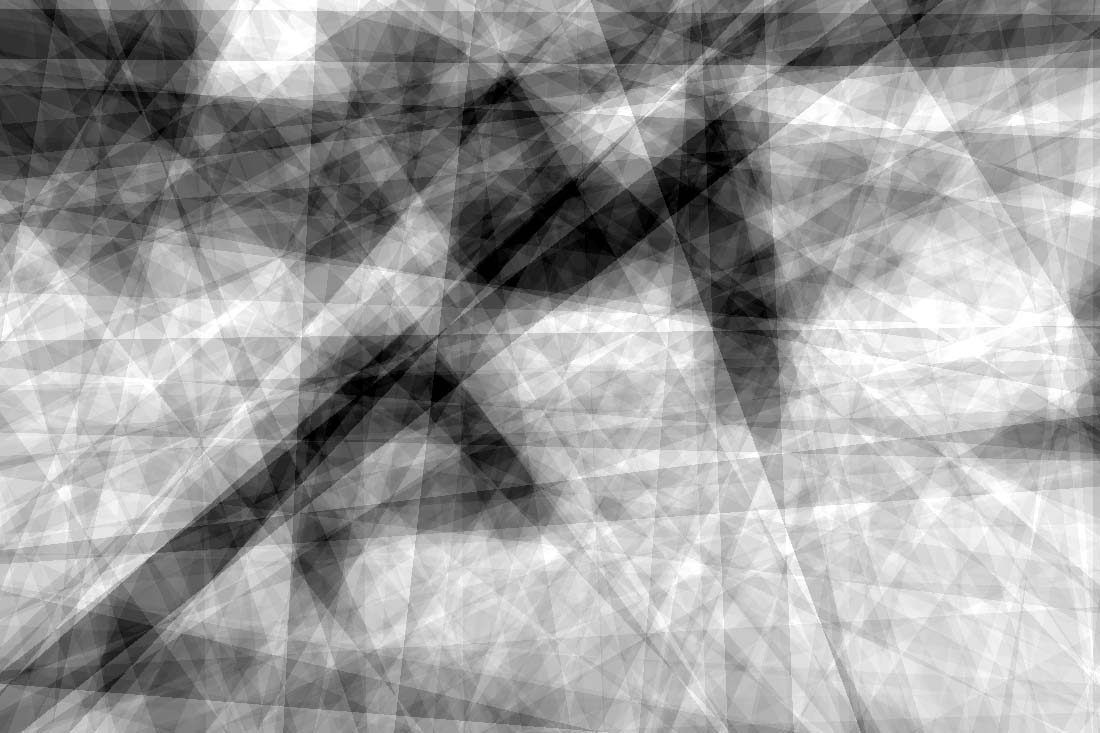 free ticket
free ticket
events
Approximation Theory
- Thu 2410:00-23:00
- Fri 2510:00-23:00
- Sat 2610:00-23:00
- Sun 2710:00-23:00
 Nikos Skalkotas Foyer
Nikos Skalkotas Foyer

Approximation Theory is an art-research project in visual mathematics and data aesthetics. It consists of a series of prints that visualize the mathematical idea of approximation. The methodology used in the work involves the choice of a set of fixed dictionaries or databases of images. Each dictionary has its own distinctive quality. Any other image can then be reconstructed as a weighted superposition of all or some of the images in the dictionary. The character of the approximation depends on two kinds of factors: qualitative and quantitative. The qualitative aspect has to do with the character of images in the dictionary, for instance whether they are linear or curved. The quantitative aspect has to do with the number of images from the dictionary that are used in the reconstruction: the larger this number, the more faithful the reconstruction.
Felipe Cucker (UY)
Felipe Cucker (Montevideo, Uruguay) is Chair Professor of Mathematics at the City University of Hong Kong. His research covers a variety of subjects, including semi-algebraic geometry, computer algebra, complexity, emergence in decentralized systems, and the relations between art and mathematics, on which he published one book (“Manifold Mirrors”, Cambridge University Press, 2013).
Hector Rodriguez (LPA)
Hector Rodriguez (Las Palmas, Canary Islands), an Associate Professor at City University of Hong Kong, is an experimental software artist whose work investigates the specific possibilities of information technologies to reconfigure our experience of moving images and our relation to film history. His work integrates video art with mathematics and computer science, exploring the tension between digital abstraction and cinematic
